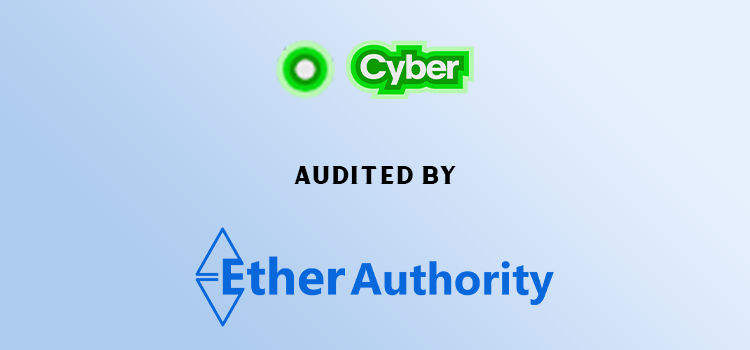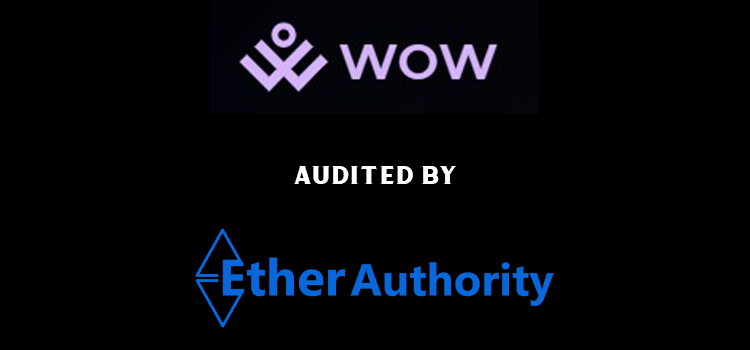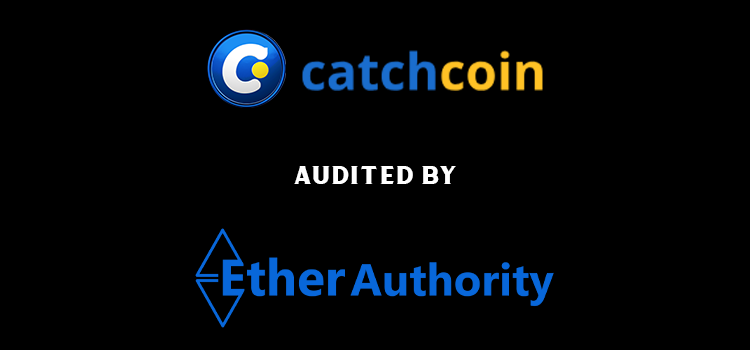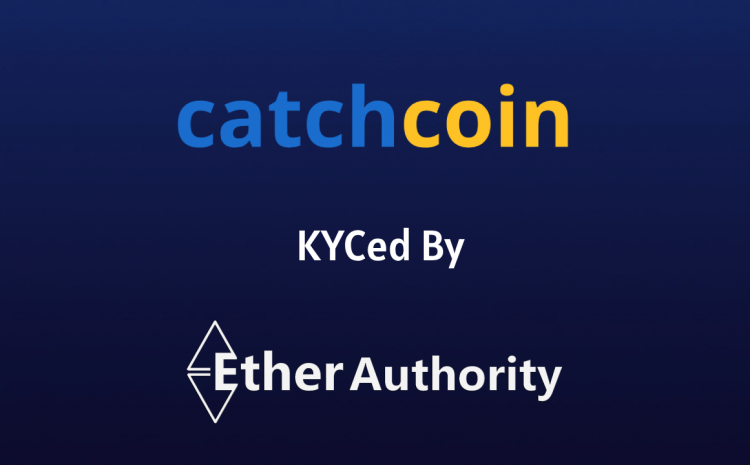
Project Background
- The `CyberToken` contract, built using Solidity, inherits from several foundational contracts to create a comprehensive ERC20 token with additional functionalities like burning, permit signatures, and voting. Below, provide an overview of the key components and functionalities of this contract.
- ERC20: This is the basic token standard that implements the standard ERC20 interface, including methods like `transfer`, `approve`, `transferFrom`, and `allowance`. It handles the basic token mechanics such as balances and allowances.
- ERC20Burnable: This extends the ERC20 functionality by allowing tokens to be burned (destroyed), reducing the total supply. It includes methods for burning tokens held by the caller (`burn`) and burning tokens on behalf of another account (`burnFrom`).
- ERC20Permit: This introduces the EIP-2612 permit function, which allows token approvals to be made via signatures (meta-transactions) instead of requiring an on-chain transaction from the token holder. It includes nonce management and EIP-712 typed data hashing.
- ERC20Votes: This extension enables a token to be used for voting. It keeps track of vote delegations and voting power over time, integrating functionalities for checkpointing and delegation.
- Ownable: This is a simple authorization pattern where there is an owner who has exclusive access to specific functions. It provides methods to transfer and renounce ownership, ensuring that only the owner can perform critical actions such as minting new tokens.
- CyberToken: The `CyberToken` contract is a comprehensive implementation of an ERC20 token with additional functionalities for burning tokens, using permit signatures for approvals, and enabling vote delegation and tracking. It utilizes a modular approach by inheriting and combining functionalities from multiple abstract contracts, ensuring code reusability and modularity. The use of `Ownable` ensures that certain critical functions are restricted to the owner, maintaining security and control over the token’s life cycle operations.
Website: cyber.co
Executive Audit Summary

- According to the standard audit assessment, the Customer`s solidity smart contracts are “Secured”. Also, these contracts contain owner control, which does not make them fully decentralized.
- We used various tools like Slither, Solhint and Remix IDE. At the same time this finding is based on critical analysis of the manual audit.
- We found 0 critical, 0 high, 0 medium, 1 low and 2 very low-level issues.
Audit Report in PDF
Audit Report Flip book
Please wait while flipbook is loading. For more related info, FAQs and issues please refer to DearFlip WordPress Flipbook Plugin Help documentation.




